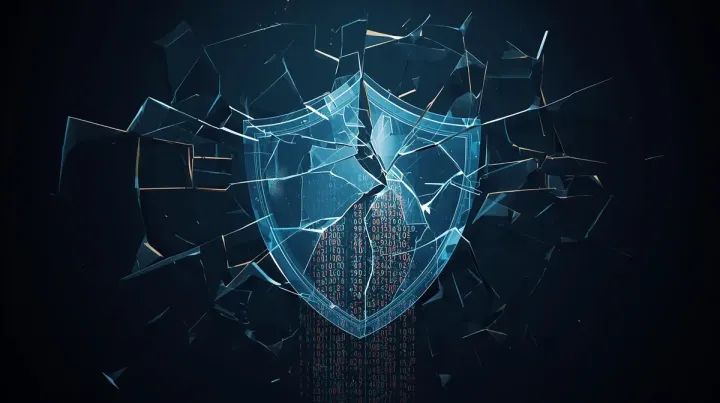
Hacking Hypocrisy: How Can the UK Point Fingers in a World of Digital Spies?
There’s a certain kind of political theater that is both infuriating and grimly fascinating. The latest act comes from the United Kingdom, which is trying to position itself as a global leader in the fight against state-sponsored hacking and the proliferation of commercial spyware. They point fingers, name names (well, a very select few), and host international summits to create “codes of practice.”
It all sounds very noble. It would be, if it weren’t so transparently hypocritical.
A recent Politico piece lays out the absurd reality of the situation. The UK publicly calls out a “Big Four” of cyber adversaries: Russia, China, Iran, and North Korea. The message is clear: these are the bad guys, and we are the good guys trying to keep the internet safe. But as the article makes painfully clear, the world of digital espionage is not a clean-cut Hollywood movie.
The Elephant in the Room: Everyone is Hacking
The Snowden leaks in 2013 already blew the lid off this charade. We learned that the Five Eyes alliance, which includes the UK’s own GCHQ, was spying on everyone, including its allies. The idea that hacking is something only other countries do is a convenient fiction for public consumption.
Since then, the game hasn’t changed; it has just gotten more crowded. Dozens of countries, including some of Britain’s supposed allies and strategic partners, are either developing their own hacking capabilities or buying them off the shelf from a booming private market. Israel, India, and even European nations are major players in the spyware industry. Yet, you won’t hear a peep from London about them.
Why? Because diplomacy, trade deals, and strategic alliances are more important than calling out a friendly nation for doing the exact same thing your own spies are probably doing to them.
The Futility of a “Code of Practice”
This brings us to the Pall Mall Process, a UK-French initiative to tackle the “irresponsible use” of spyware. They’ve created a voluntary declaration. The problem? The major players in the spyware market, both sellers and buyers, aren’t signing up. It’s like hosting a convention on responsible tiger ownership and only inviting house cat owners.
The entire exercise feels like a PR campaign designed to make it look like something is being done, while carefully avoiding any action that might upset the status quo. The US, for all its faults, has at least used its economic power to blacklist some spyware firms. The UK, meanwhile, seems content to wag its finger at its official enemies while ignoring the spies in its own backyard.
This isn’t a problem that can be solved with declarations and sternly worded statements. State-sponsored hacking is an extension of state power. It’s driven by geopolitics, intelligence gathering, and a desire for a strategic edge. As long as these incentives exist, the hacking will continue. The UK government knows this. We know this.
So, when Britain asks how it can stop the world from hacking, the answer is simple: it can’t. Not when it’s an active participant in the very game it claims to be refereeing. It’s a classic case of living in a glass house and throwing stones, hoping nobody notices the cracks in your own walls.


